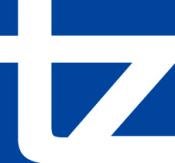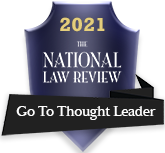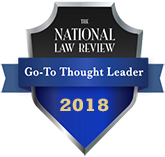Jonathan Tycko and Hassan Zavareei founded Tycko & Zavareei LLP in 2002 when they left a large national firm to form a private public interest law firm. Since then, a wide range of clients have trusted the firm with their most difficult problems. Those clients include individuals fighting for their rights, tenants’ associations battling to preserve decent and affordable housing, consumers seeking redress for unfair business practices, whistleblowers exposing fraud and corruption, and non-profit entities and businesses facing difficult litigation.
The firm’s practice focuses on complex litigation, with a particular emphasis on consumer and other types of class actions, and qui tam and False Claims Act litigation. In its class action practice, the firm represents consumers who have been victims of corporate wrongdoing. The firm’s attorneys bring a unique perspective to such litigation because many of them trained at major national defense firms where they obtained experience representing corporate defendants in such cases. This unique perspective enables the firm to anticipate and successfully counter the strategies commonly employed by corporate counsel defending class action litigation. Tycko & Zavareei LLP’s attorneys have successfully obtained class certification, been appointed class counsel, and obtained approval of class action settlements with common funds totaling over $500 million.
Tycko & Zavareei LLP’s attorneys graduated from some of the nation’s finest law schools, including Harvard Law School, Columbia Law School, Duke University School of Law, UC Berkeley School of Law, Georgetown Law, and the University of Michigan Law School. They have served in prestigious clerkships for federal and state trial and appellate judges and have worked for low-income clients through competitive public interest fellowships. The firm’s diversity makes it a leader amongst its peers, and the firm actively and successfully recruits attorneys who are women, people of color, and LGBTQ. To support its mission of litigating in the public interest, Tycko & Zavareei LLP offers a unique public interest fellowship for recent law graduates. Tycko & Zavareei LLP’s attorneys practice in state and federal courts across the nation.













